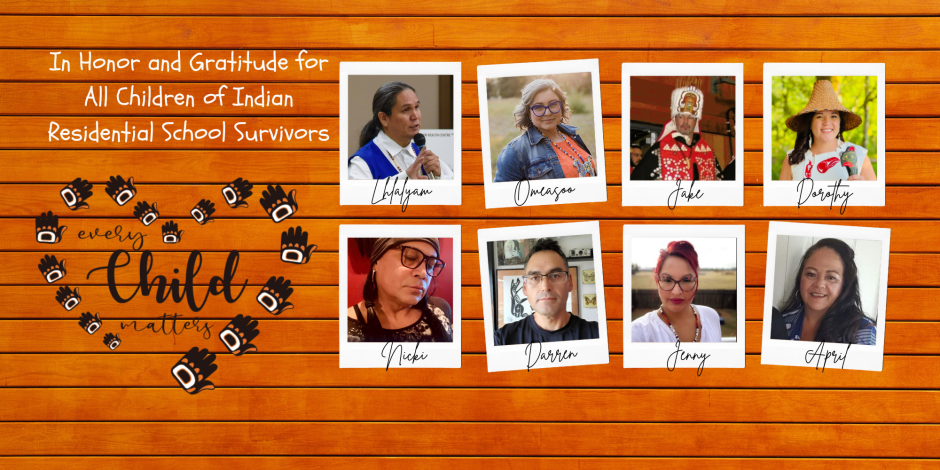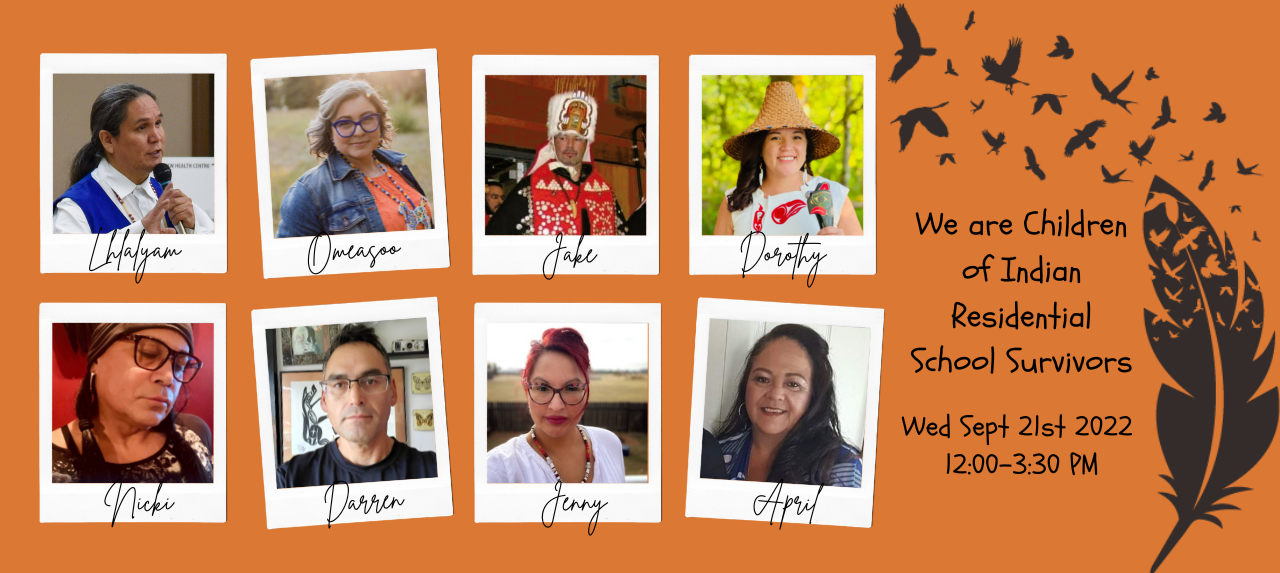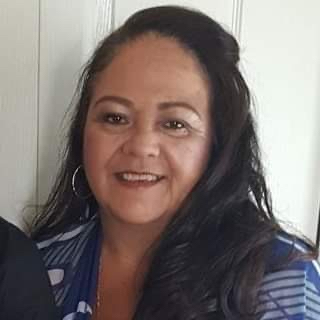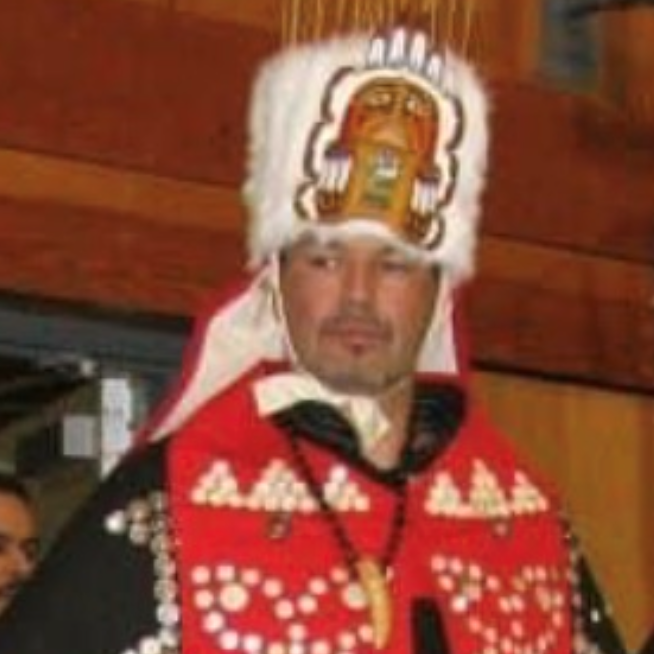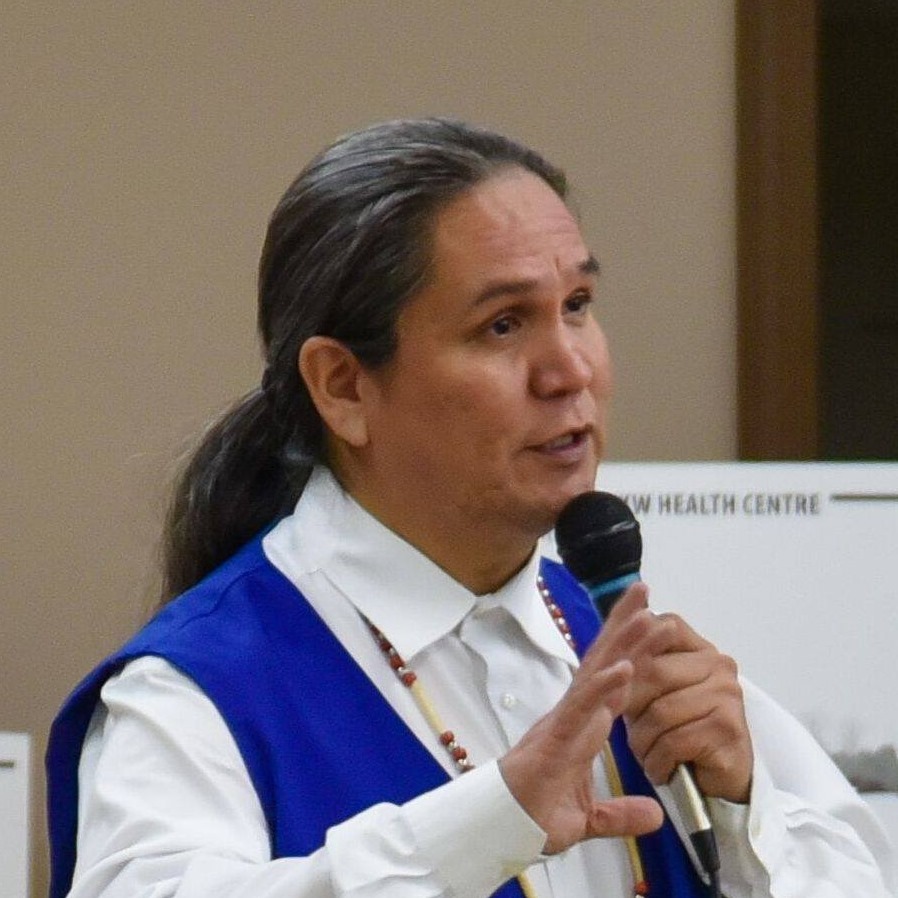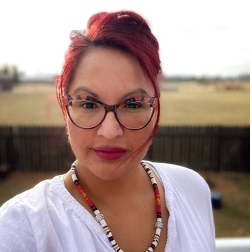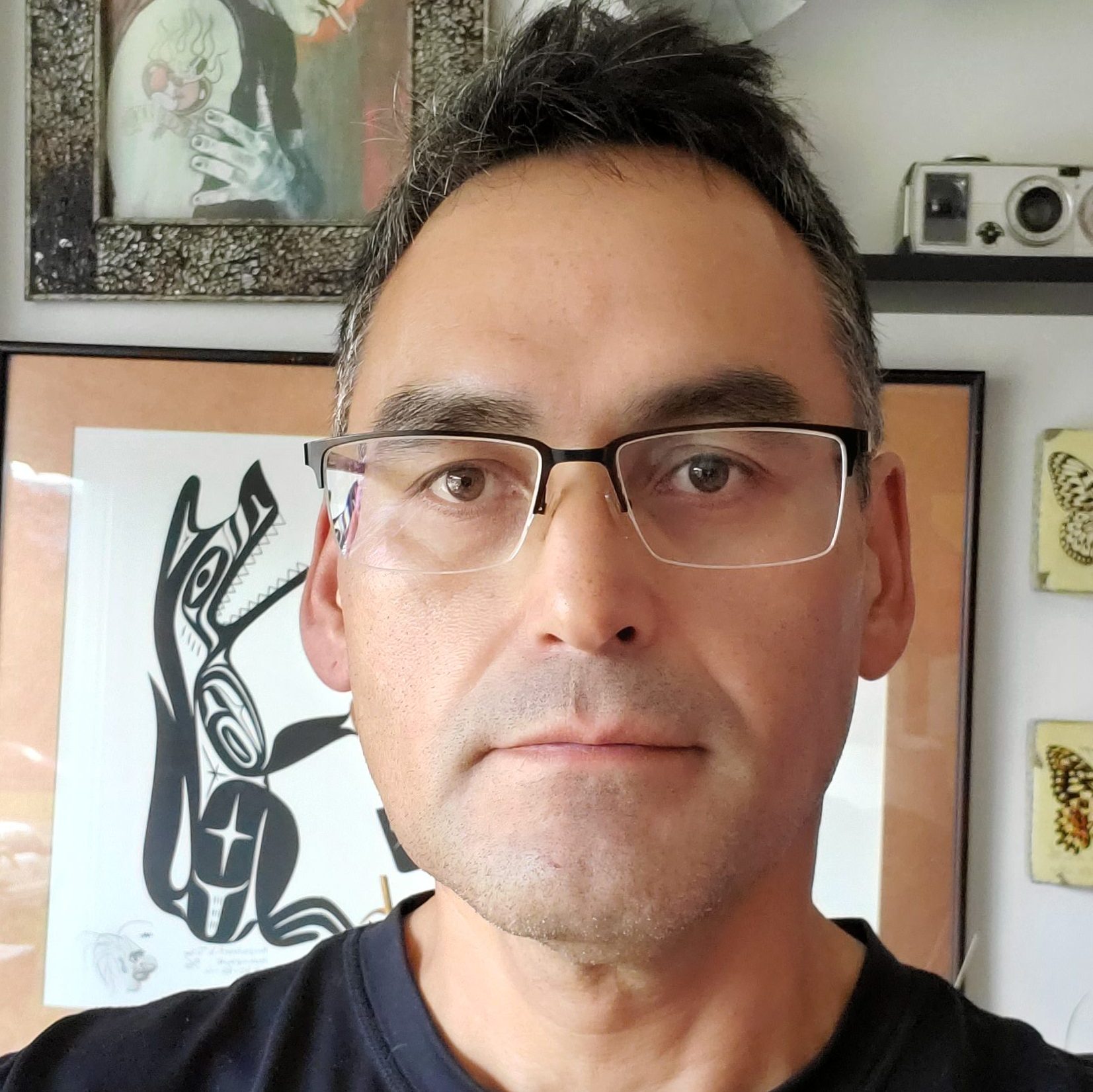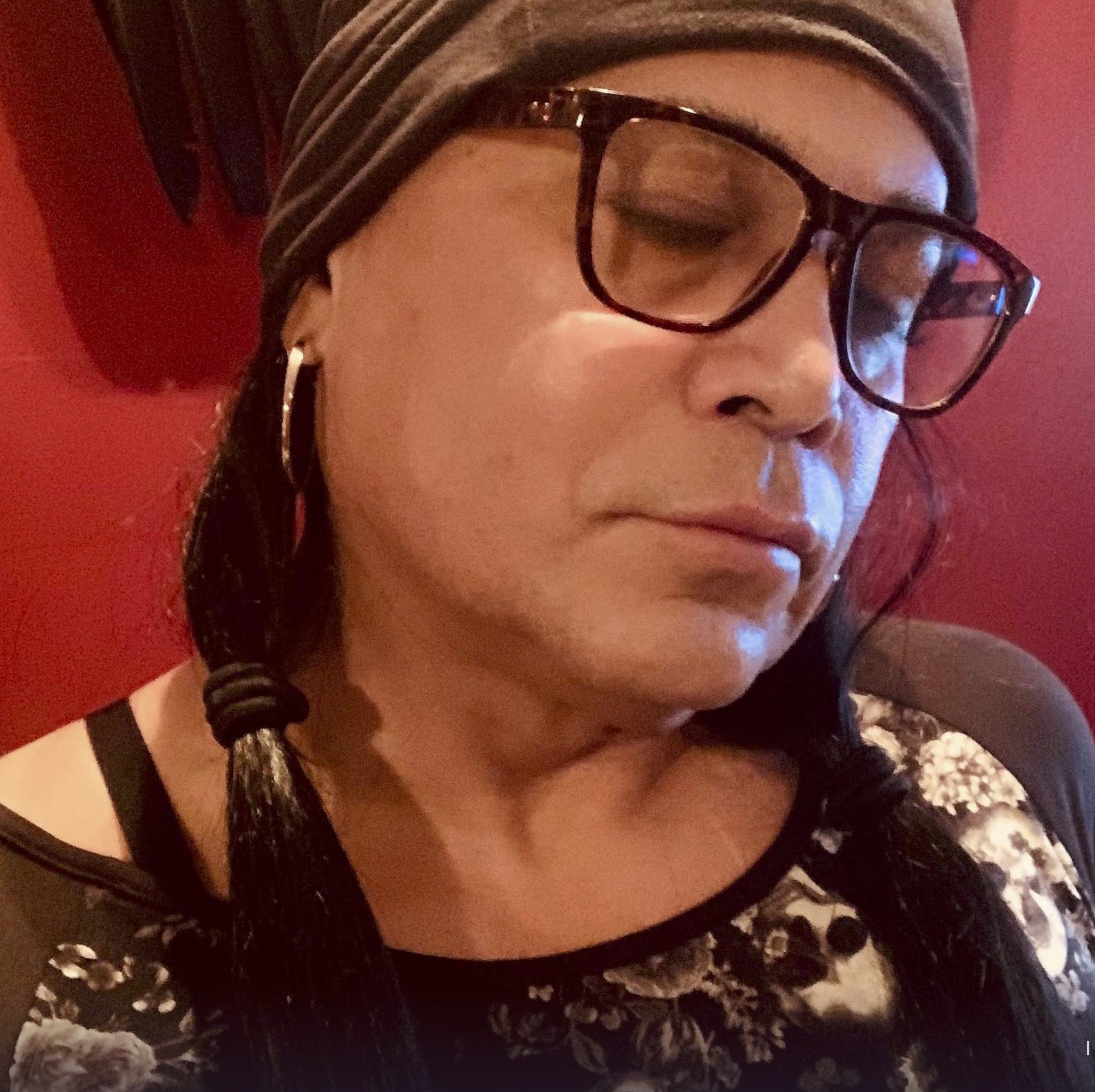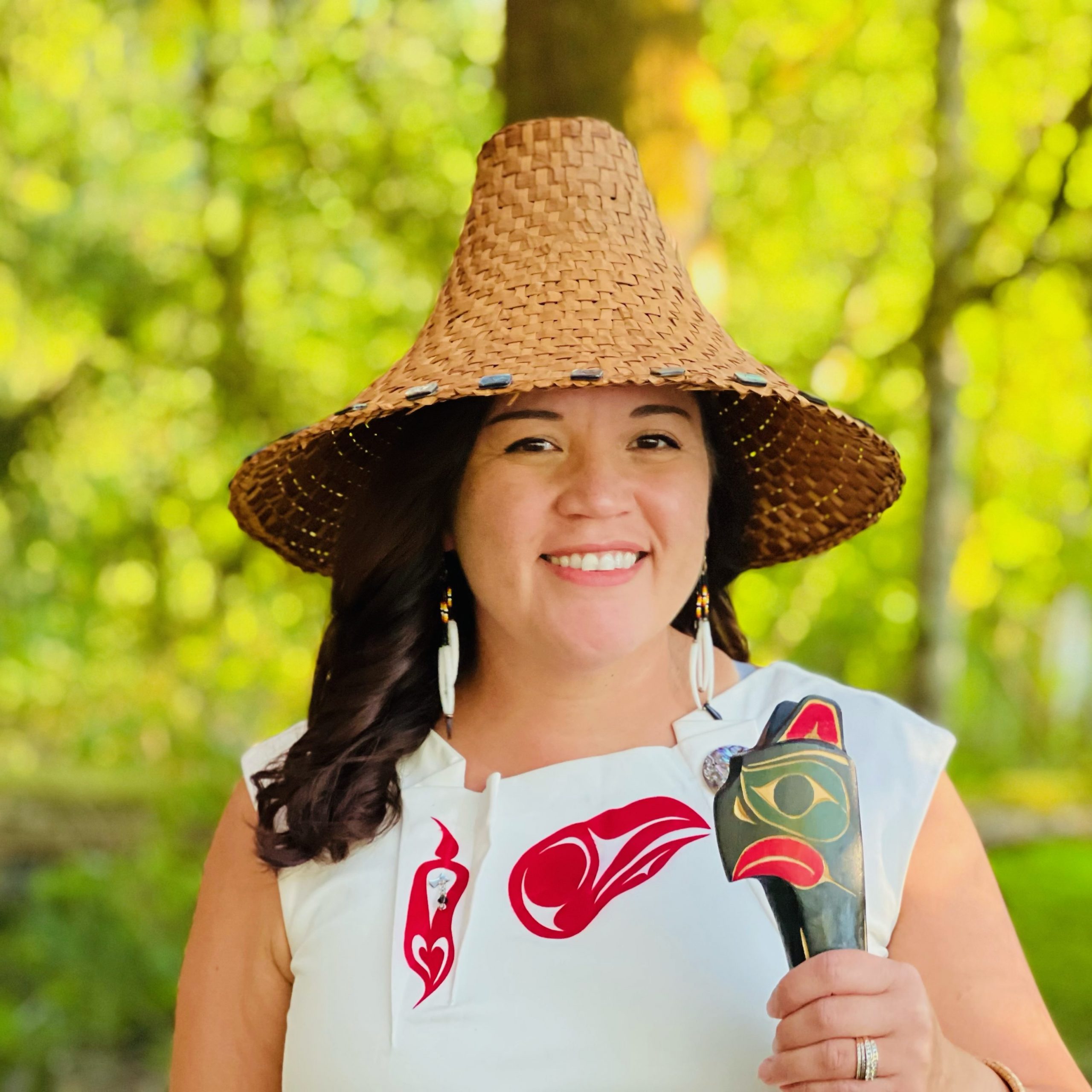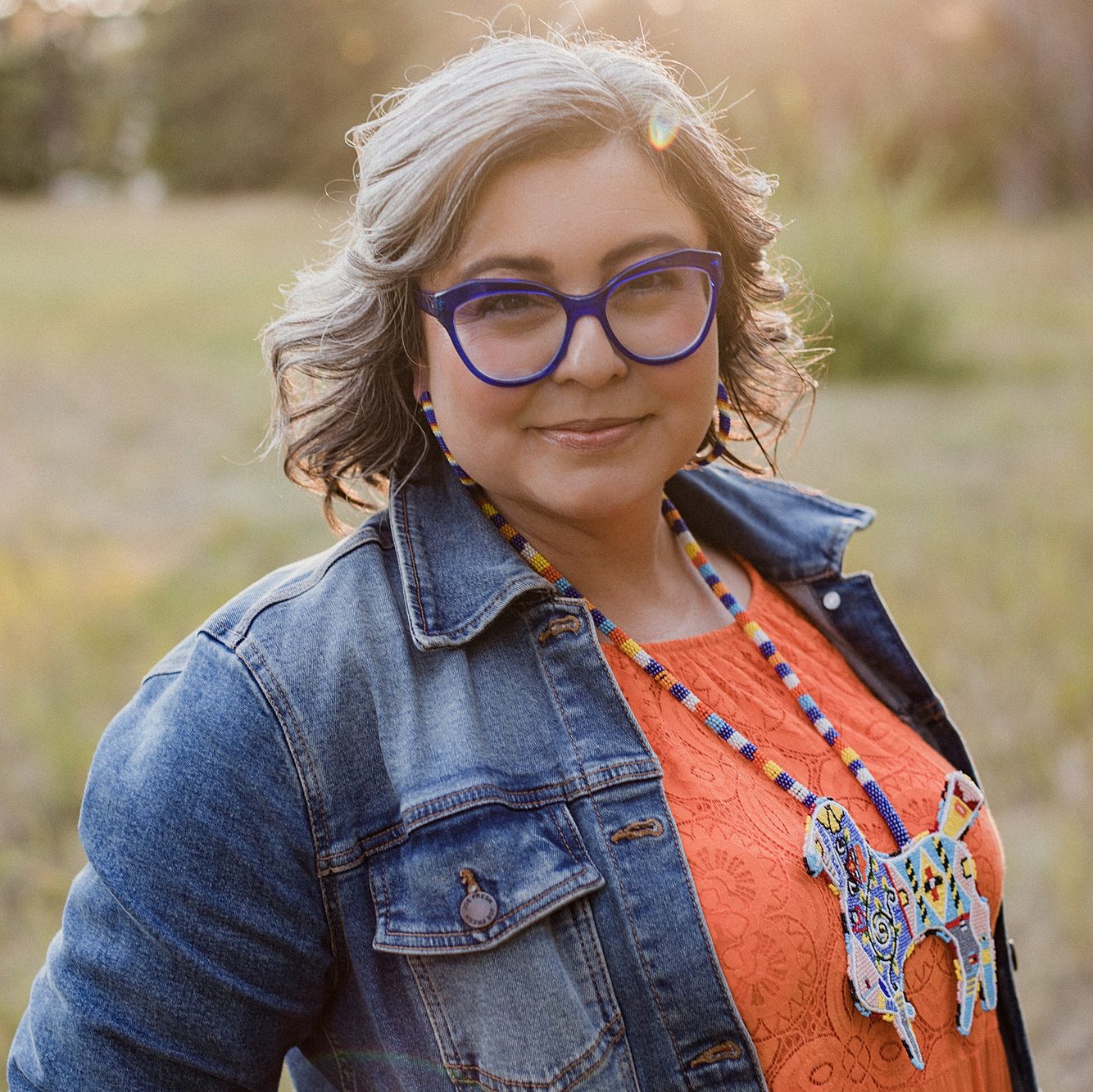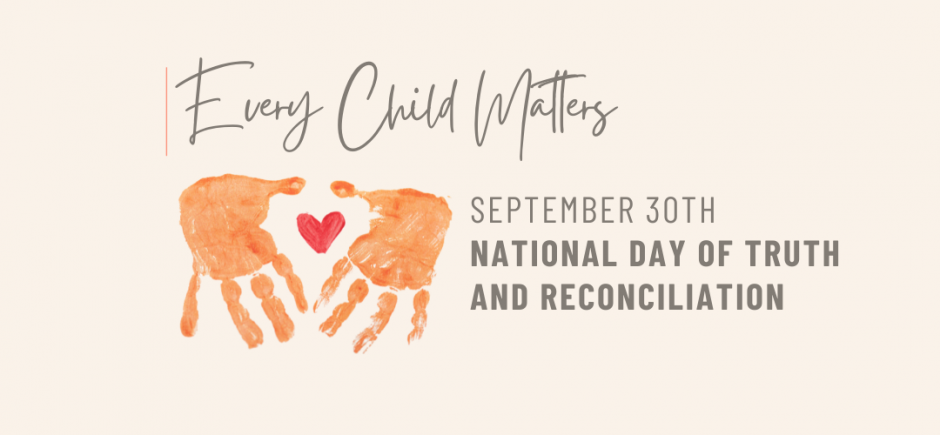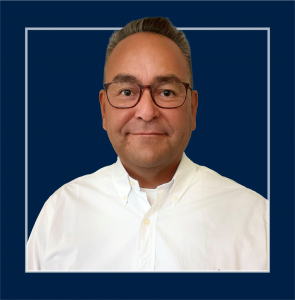Thank you for joining us on Monday, October 17, 2022 from 12:00 pm – 1:30 pm (PST), for “Diagnosing Truth, Healing and Conciliation Inside BC Health Care Systems” with Dr. Danièle Behn Smith, Deputy Provincial Health Officer, Indigenous Health. In this second session of the Indigenous Speaker Series, we listened to Dr. Behn Smith’s unique perspective on how health and academic systems can best approach the work in relation to the processes of Truth and Reconciliation.
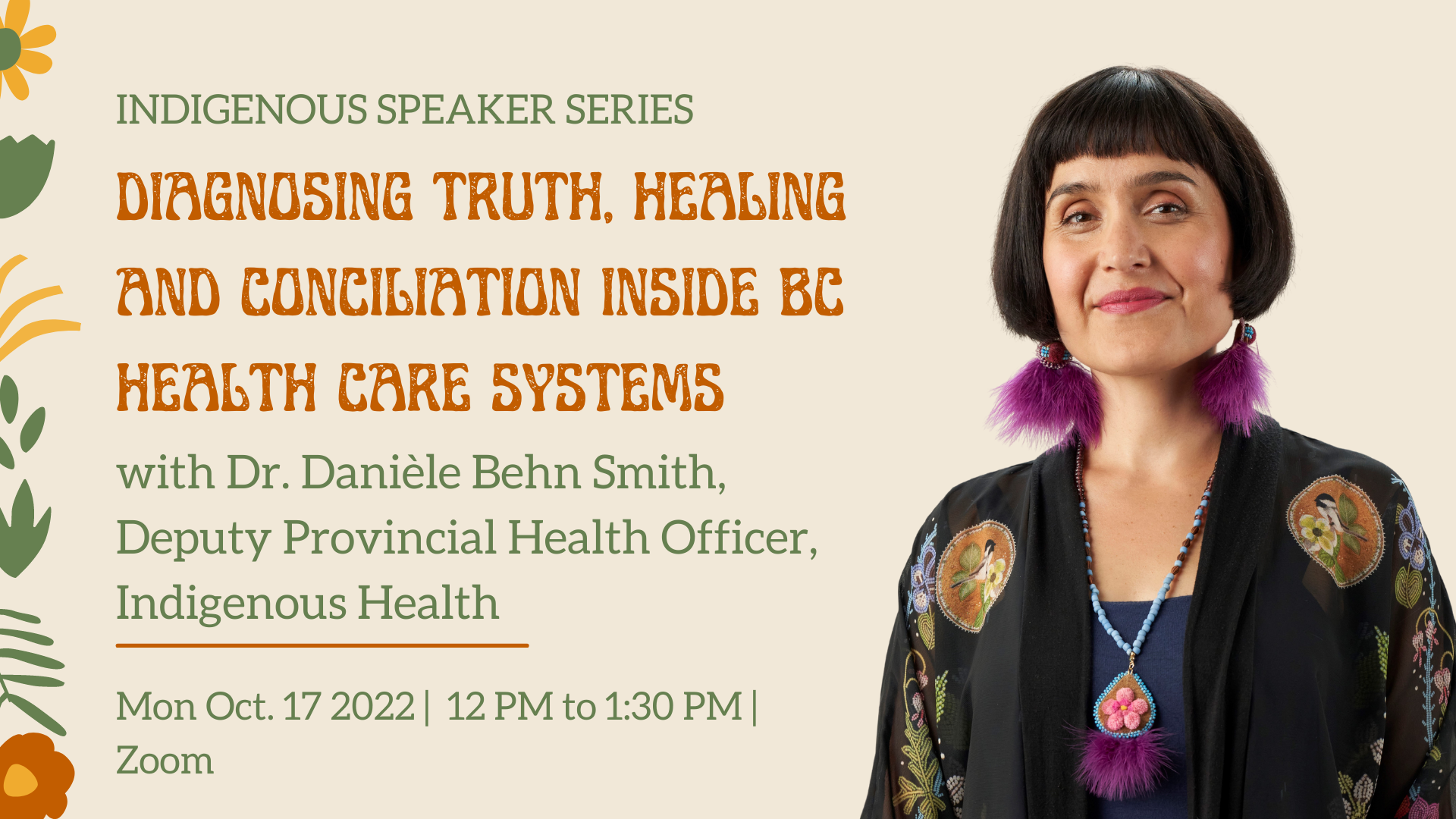
Thanks for joining us on Monday, October 17, 2022 from 12:00 pm – 1:30 pm (PST), for “Diagnosing Truth, Healing and Conciliation Inside BC Health Care Systems” This virtual event is part of the Indigenous Speakers Series.
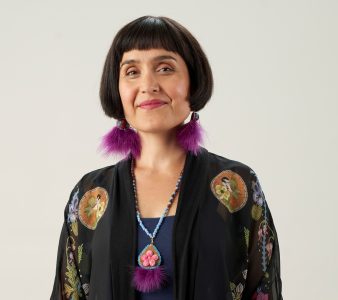
Dr. Danièle Behn Smith, Deputy Provincial Health Officer, Indigenous Health (Bio)
Dr. Danièle Behn Smith has been working to support Indigenous health in the Office of the Provincial Health Officer since 2015. Dr. Behn Smith works alongside Dr. Bonnie Henry, Provincial Health Officer. Dr. Behn Smith provides independent advice and support to the Ministry of Health on Indigenous health issues. In support of the ministry’s strategic agenda, Dr. Behn Smith works in meaningful partnership with Indigenous collectives, communities and organizations to advance wellness and disrupt colonial practices and policies.
Dr. Behn Smith is Eh Cho Dene (Big Animal People) of the Fort Nelson First Nation in B.C. with French Canadian/Métis roots in the Red River Valley. Since getting her Doctor of Medicine from McMaster University and completing residencies at the universities of Ottawa and Manitoba, Dr. Behn Smith’s career has spanned the country and the globe.
She has practiced rural medicine in remote and First Nations communities across Canada. She was a board director for the Indigenous Physicians Association of Canada, the director of education for the University of Alberta’s Indigenous Health Initiatives Program and the site director of the University of British Columbia’s Aboriginal Family practice residency. Since 2014, she has transitioned to a functional medicine practice. Functional medicine is a complex systems biology approach to family practice that resonates with Indigenous approaches to health and healing. Dr. Behn Smith was also the host of “Medicine Woman”, a 13-episode television series which explored traditional healing practices in ten countries on six continents.
Moderator
- Derek K Thompson – Thlaapkiituup, Indigenous Advisor
Description
Dr. Danièle Behn Smith has been working to support Indigenous health in the Office of the Provincial Health Officer since 2015. She works alongside Dr. Bonnie Henry, Provincial Health Officer, and provides independent advice and support to the Ministry of Health on Indigenous health issues. In support of the ministry’s strategic agenda she works in meaningful partnership with Indigenous – First Nations, Inuit, Métis – collectives, communities and organizations to advance wellness and disrupt colonial practices and policies.
Coupled with her impressive career as a physician and advisor, Danièle has been a strong advocate to strengthen our identity and purpose as Indigenous peoples. She possesses a unique ability to truly walk in both worlds as a proud and dignified Indigenous woman and as a health professional. Dr. Behn Smith continues to inspire us all in our efforts to be radical and ingenious as we disrupt colonial systems all in an effort to improve our rightful place in this province and country.
In recent decades, federal and provincial governments have mandated a range of formal commissions to identify the need and urgency for health organizations, and other systems, to reconcile, adjust and create an appropriate and just response to better serve the unique needs of Indigenous peoples. In general, this work is intended to come to terms with an individual and shared commitment to redress the relationship between Indigenous peoples and Canadians. All of the associated reports, action plans, legislation, and frameworks are currently being implemented across British Columbia with a vigor not seen in any other era to correct the relationship between those Indigenous – BC First Nations peoples who are from here and those who arrived here as colonial settlers.
This timely and relevant conversation will consider what’s been done and what still needs to be done to truly come to terms with the truths of the past and present, healing with each other, and creating appropriate frameworks for conciliation and reconciliation. Dr. Behn Smith’s unique perspective will offer insight into how health and academic systems can best approach the work in relation to the processes of Truth and Reconciliation.
Topic: Diagnosing Truth, Healing and Conciliation Inside BC Health Care Systems
Date: Monday, October 17, 2022
Time: 12:00 – 1:30 pm PDT
What Will I Learn?
You will learn about the unique perspectives of how to best approach the work in relation to the processes of Truth and Reconciliation.
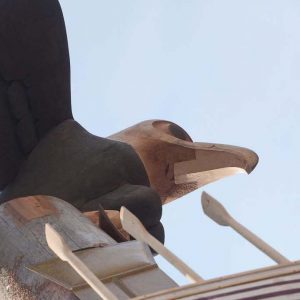
Continue Learning
“The time to make things happen is now. The time to seek out our individual and shared power is now.”
Learn more about REDI’s Indigenous Initiatives here
Discover more about REDI’s Indigenous Initiatives Speakers Series here
Find REDI’s Indigenous-Specific Resources here
